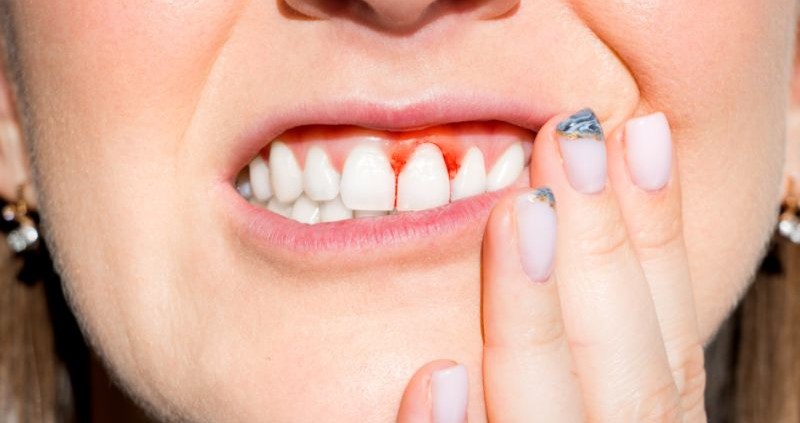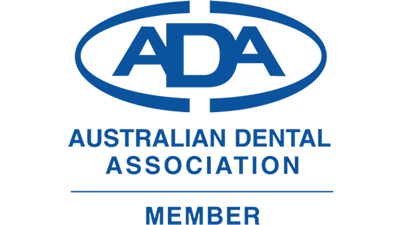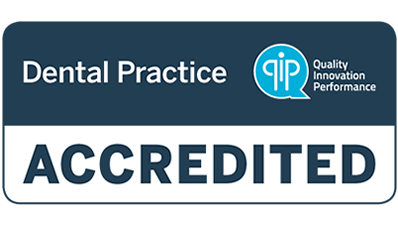What is Gum Disease and How Can I Prevent It?
Gum disease, also known as periodontal disease, is a common dental problem that affects the gums and surrounding tissues. It is caused by bacteria that build up on the teeth and gums and can lead to inflammation, bleeding, and eventually tooth loss if left untreated. Here’s what you need to know about gum disease and how to prevent it:
- Know the signs: Early signs of gum disease include red, swollen, and bleeding gums, bad breath, and a receding gumline. If you notice any of these symptoms, contact your dentist right away.
- Practice good oral hygiene: Brushing your teeth twice a day and flossing daily can help to remove bacteria and prevent the buildup of plaque, which can lead to gum disease.
- Use mouthwash: Using an antiseptic alcohol-free mouthwash can help to kill bacteria and freshen your breath, reducing the risk of gum disease.
- Quit smoking: Smoking increases your risk of gum disease and can make treatment more difficult. If you smoke, talk to your doctor about ways to quit.
- Eat a healthy diet: A diet high in sugary and starchy foods can contribute to gum disease. Eat a healthy, balanced diet that includes plenty of fruits, vegetables, and whole grains.
- Visit your dentist regularly: Regular dental check-ups and cleanings can help to prevent gum disease by removing plaque and tartar buildup and identifying and addressing any dental problems before they become more serious.
- Consider gum disease treatments: If you have gum disease, your dentist may recommend treatments such as scaling and root planing, antibiotics, or referral to a specialist Periodontist.
By following these tips, you can help to prevent gum disease and maintain good oral health. If you have any questions or concerns about gum disease or your dental health, talk to your dentist for personalized advice and recommendations.





